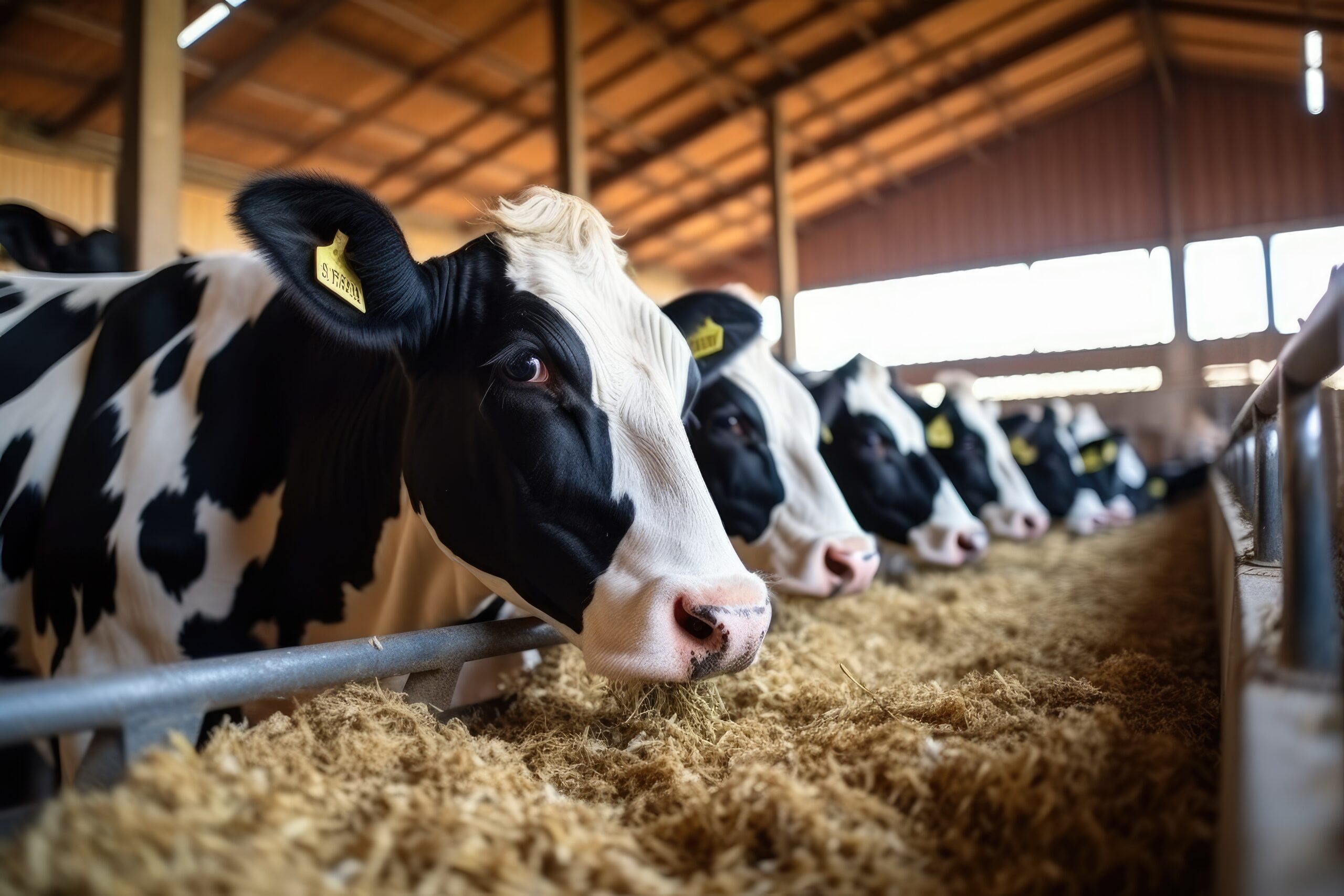How Mother Design sought to help the company go mainstream with an identity that references butcher shop signage and a “smiley fork” graphic device.
Mother Design has rebranded cultivated meat start-up Fork & Good, with and expressive “Smiley Fork” logo and a typeface built on “a geometric skeleton”.

The cultivated meat industry emerged from consumers’ desire to make more ethical and sustainable choices but has largely been met with scepticism due to its high price and issues with scalability. Founded by a scientist and a farmer in 2011, Fork & Good is working towards breaking down the barriers which have left the industry in a rut, focussing primarily on ground pork.
Fork & Good’s chief scientific officer and co-founder Gabor Forgacs – who has a background in 3D bioprinting – set out to invent a technology that could change the way meat is produced. When Forgacs met Niya Gupta (the farmer) she was CEO and co-founder of Singapore-based vertical farming start-up ComCrop. The new business partners devised a high-yielding technique based around a “hydroponic system” similar to that which Gupta had used for farming vegetables.

Since then, they have patented their tech, attracted funding from investors and secured partnerships with food companies. Fork & Good’s partners comprise food trucks and fast-food establishments, with offerings such as tacos, dumplings, gyoza, and meatballs as they seek to accelerate growth in the cultivated meat industry by making it more accessible.
Mother Design executive creative director Mark Sloan explains that to “overcome stigma”, Fork & Good wanted to be fully “transparent” with its messaging. “There’s going to be a fair amount of education needed in the coming years, and Fork & Good is establishing itself as a trusted voice in this burgeoning industry”, he says.
The most challenging part of the process for Mother Design was “getting the tone right for a brand in an emerging category”, according to Sloan. Working with strategists from FNDR, the studio sought to create an identity that would appeal to an audience unfamiliar with the cultivated meat category, embracing “universality and deliciousness while still conveying knowledgeability and trust”, says Sloan.

** Click here to read the full-text **









